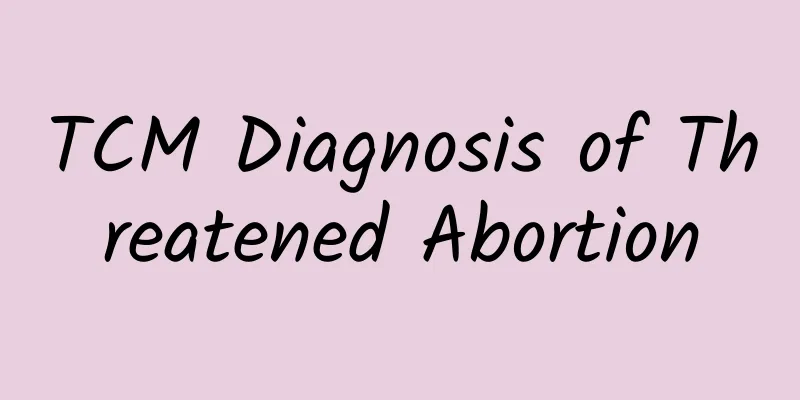What medicine can help women with functional uterine bleeding get better faster?

|
In terms of drug treatment for functional uterine bleeding, contraceptives, hemostatics and hormonal drugs can be considered to quickly control symptoms, but the specific choice needs to be determined based on personal circumstances and doctor's advice. 1. Contraceptives: Oral contraceptives are often used to regulate the menstrual cycle and effectively reduce uterine bleeding. Common drugs include ethinyl estradiol cyproterone acetate tablets, which achieve hemostasis by inhibiting ovarian ovulation and stabilizing the endometrium. However, this drug needs to be used under the guidance of a doctor, especially those with a history of cardiovascular disease should be cautious. 2. Hemostatic drugs: Short-term use of hemostatic drugs such as tranexamic acid can directly reduce the amount of bleeding. This type of drug enhances the hemostatic effect by inhibiting the activity of the fibrinolytic system. In the case of acute bleeding, it can be used as an auxiliary treatment, but long-term use may cause side effects. 3. Hormonal drugs: such as progesterone drugs can effectively regulate endocrine and help stabilize the endometrium. In some atypical cases, doctors may recommend the use of endocrine regulators such as dienogest to achieve long-term control. The choice of medication for functional uterine bleeding should take into account the individual's specific symptoms, health status and potential side effects. Regular medical follow-up is required to ensure the efficacy of the medication and understand physical changes. If the cause is unclear, dietary adjustment and moderate exercise, combined with adequate rest, can also have a positive effect on symptom relief and physical recovery. Please be sure to consult a professional doctor before using medication to determine the treatment plan that best suits you. |
<<: What medicine do you need to take for cervical erosion?
>>: Causes of Bartholin's gland cyst
Recommend
Beware! What symptoms are signs of ectopic pregnancy?
Ectopic pregnancy is a common gynecological disea...
How to treat grade I cervical erosion? Doctors give 3 clinical treatment methods
Grade I cervical erosion is a mild condition and ...
What are the food taboos for adenomyosis and what can be eaten
What are the food taboos for adenomyosis and what...
To avoid adnexitis, you need to know its cause.
Adnexitis is a very common gynecological disease,...
Analyzing the causes of bacterial vaginosis
As society continues to progress, people's re...
Are uterine fibroids serious? What can't you eat? What should you eat more for uterine fibroids?
Are uterine fibroids serious? What should I not e...
What to do if the belly becomes bigger due to pelvic effusion
Belly refers to the abdomen. The causes of pelvic...
What is the reason for excessive female flow? Women can take these 5 medicines for irregular menstruation
Women's menstrual volume, many people either ...
Female friends should pay attention to the dangers of painless abortion
What are the hazards of painless abortion? Expert...
Does a positive yeast test cause cervical erosion?
Will a positive yeast test result alone cause cer...
What is the best medicine for uterine fibroids and gallbladder polyps?
Uterine fibroids and gallbladder polyps are some ...
Traditional Chinese medicine tips for relieving dysmenorrhea in daily life
Women with dysmenorrhea may experience severe pai...
What are the symptoms of uterine fibroids?
Uterine fibroids are a common gynecological disea...
How much does it cost to have an induced abortion in Shenzhen?
Induced labor refers to the act of inducing uteri...
Cycling on one foot burns more calories? These two ignite fat to double
If you want to lose fat in the summer, doing aero...









